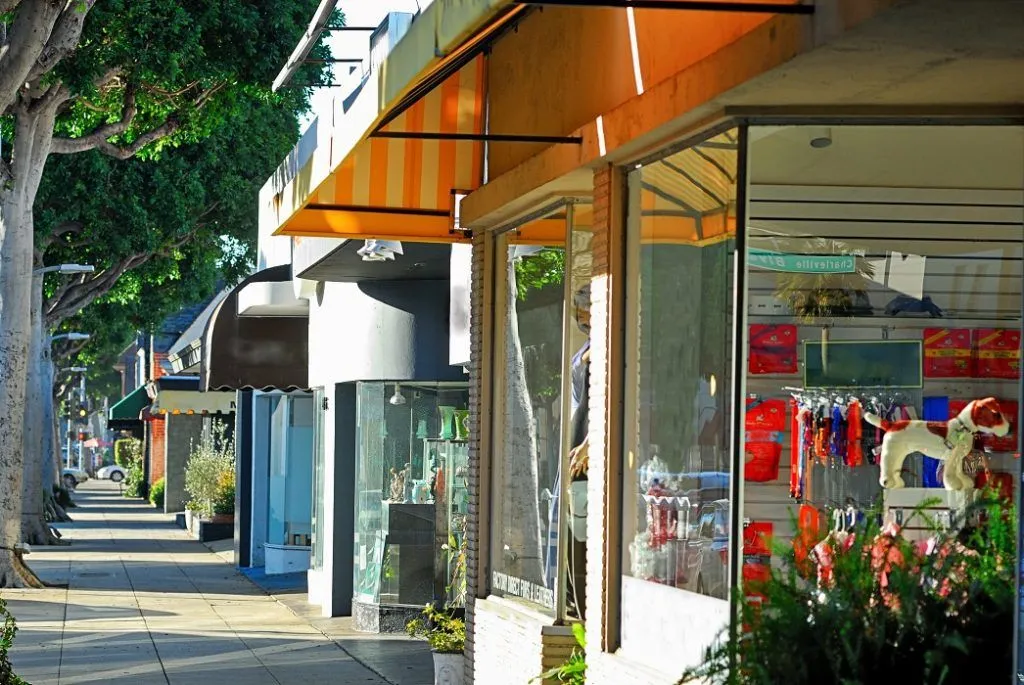
Beyond the Mom-and-Pop Shop: Scaling Through Franchising
The next step after the mom-and-pop shop is a route that most entrepreneurs may contemplate when they are prepared to expand franchising. Although small, independent stores are often successful due to the neighborhood support and personal touch, franchising provides an opportunity to spread a concept across the neighborhoods or cities. It offers an orderly method of scaling, as well as being consistent across various locations. Franchising can be an effective tool of expansion for business proprietors who seek to leverage a single success in the market to build a bigger brand.
Table of Contents
ToggleUnderstanding the Appeal of Franchising
Franchising is fundamentally a paradigm where a business that is already operational allows others to operate using the business’s brand and system. This structure is a win-win situation. The franchisor gets to reach out without controlling all the outlets, and the franchisee gets to venture into business with an already tested framework, a well-known branding, and even practices. To customers, this is an added benefit of predictability; they can be assured of what to expect regardless of where they go. This freedom and support are the reasons why a lot of small businesses consider franchising as the natural step following a successful start-up locally.
Local to Regional Expansion
It takes more than enthusiasm to make the jump to a system of locations, as opposed to a single storefront. It requires scalable and repeatable systems. A local cafe, say, might be treasured because of its ambience and cooking methods, but unless these things can be codified, replicated, and transferred, franchising will not be successful. The first step businesses consider usually starts with refining operations, documenting procedures, and ensuring their value is replicable elsewhere. When you have those foundations in place, expansion into new markets is not so much a matter of conjecture but rather an implementation of an actual playbook.
The monetary Issues and Obligations
The risk is not eliminated in franchising, but it is redistributed. Franchisees also provide their own investment as opposed to the original owner having to incur the entire burden of opening up new stores. On their part, they are granted entry to the brand, training, and continual guidance. This structure enables development without requiring a huge financial contribution from the franchisor, but it also ushers in new liabilities. Franchisors need to defend the image of their brand by providing sufficient support, quality control, and provision of tools to make it. Both budgeting of money, fees, and royalties, and operating expenses will have to be well planned to make the relationship sustainable.
Adapting Across Industries
As much as people talk of fast-food chains regarding franchising, the model extends beyond burgers and fries. Gyms, and even shopping malls use franchising to grow. The uniqueness of value can even be used by a specialized business like a pet store franchise that will flourish by reproducing the unique value in multiple communities. The question is whether the idea has a mass demand and can be imparted to others. The variations in industries determine the way in which franchising is carried out, and the main principle here is that there is a framework that others can emulate and successfully implement.
Development of a Good Brand Name
One of the best assets in franchising is brand strength. The customers are attracted to what they know, or rather, what they know is a result of mutual experiences. A good identity goes beyond a logo or a catchphrase; it is the emotion that the customers have towards the business. To expand the franchise, it is necessary to preserve this identity in all the locations. Training, work behavior rules, and routine supervision all come into play so that the image of the brand is not tarnished. Lack of this uniformity would lead to the danger of watering down the brand, and the whole network could lose.
Conclusion
Franchising is not merely expansion but is a change in one successful business model to become a repeat and sustainable one. It may act as an opportunity for entrepreneurs as they get to realize their vision in various markets. To the franchisees, it provides the confidence of having a tested model and, at the same time, being independent business owners. Going beyond the mom-and-pop shop is not about losing the core of a business, but rather about having it spread elsewhere. Franchising offers a middle way between opportunity and structure through careful planning and clear systems, as well as a strong adherence to brand integrity.


